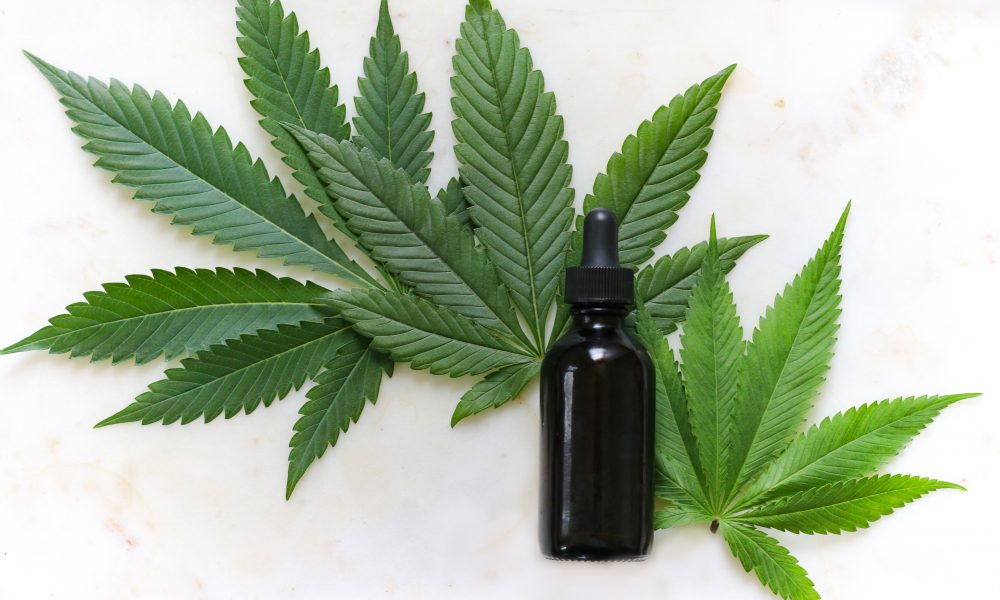“The budget proposal is derived from the hemp task force’s recommendations to coordinate cannabis regulation/enforcement and eliminate intoxicating cannabis-derived products from unregulated channels in Virginia.”
By Graham Moomaw, Virginia Mercury
As Virginia policymakers consider ways to exert tighter control over intoxicating hemp-based products like delta-8 THC, Gov. Glenn Youngkin (R) is proposing $2.1 million to fund a new hemp registration and inspection program staffed by 15 people.
The new funding is part of the governor’s budget plan for the Virginia Department of Agriculture and Consumer Services and is tied to upcoming legislation the General Assembly will take up early next year, according to budget documents. The Youngkin administration included the funding in its rundown of “major public safety/law enforcement” proposals.
The budget item appears to align with recommendations from a state task force that recently proposed steps the state could take to get a better handle on hemp-derived products that have become widely available at smoke shops and convenience stores around the state.
The task force’s report to the General Assembly suggested requiring businesses that want to sell delta-8 or other intoxicating hemp products to apply for permits and imposing steeper penalties on those that break the rules.
Youngkin’s office said the funding is tied to the task force’s call for more rigorous oversight,
“The budget proposal is derived from the hemp task force’s recommendations to coordinate cannabis regulation/enforcement and eliminate intoxicating cannabis-derived products from unregulated channels in Virginia,” said Youngkin spokeswoman Macaulay Porter.
The budget document includes other hints at additional upcoming bills tied to cannabis and hemp.
It contains $50,000 in new prison funding—an administrative requirement for proposals that could lead to more people being charged with crimes—tied to a broader definition of marijuana that would include hemp products “that contain a certain amount” of THC, the substance in cannabis that gets users high. The hemp task force suggested classifying products based on the total amount of THC they contain as a way to close the legal loophole that allowed the rise of intoxicating hemp products that don’t meet the state’s current definition of marijuana.
The governor’s budget also allocates $513,374 in new funding for the attorney general’s office to hire five “cannabis consumer protection enforcement investigators.” Miyares has threatened to crack down on cannabis businesses selling potentially illegal products, with a particular emphasis on “copycat” edibles sold in colorful packaging that resembles popular snack and candy brands.
State officials have received numerous presentations from the Charlottesville-based Blue Ridge Poison Center that highlight cases of children unknowingly ingesting THC.
“Exposure to unregulated Delta 8 THC products is a main cause for the increase in poison control center calls,” the state’s Cannabis Public Health Advisory Council wrote in its annual report to lawmakers.
Another line item in the attorney general’s budget allocates $371,780 for three new positions related to hemp regulation.
Youngkin’s budget doesn’t appear to envision retail marijuana sales for recreational use beginning in Virginia in the near future. The state has decriminalized possession of small amounts of pot, allowed marijuana plants to be grown at home and expanded its medical marijuana program, but lawmakers have yet to come to an agreement about how to legalize recreational marijuana sales.
Democrats got the legalization process started when they had full control of state government. But with power now split between the two parties, Republicans and Democrats have been unable to reach a deal on moving forward.
This story was first published by Virginia Mercury.
Maryland Lawmakers’ Marijuana Workgroup Examines Employment And Driving Concerns Following Voter-Approved Legalization
Photo courtesy of Kimzy Nanney.
Read the full article here

